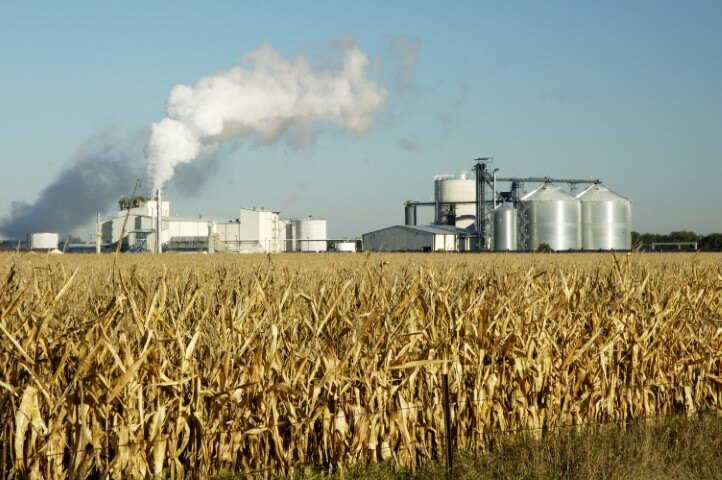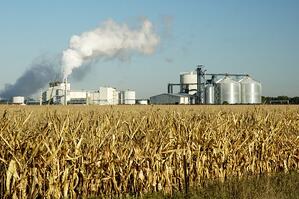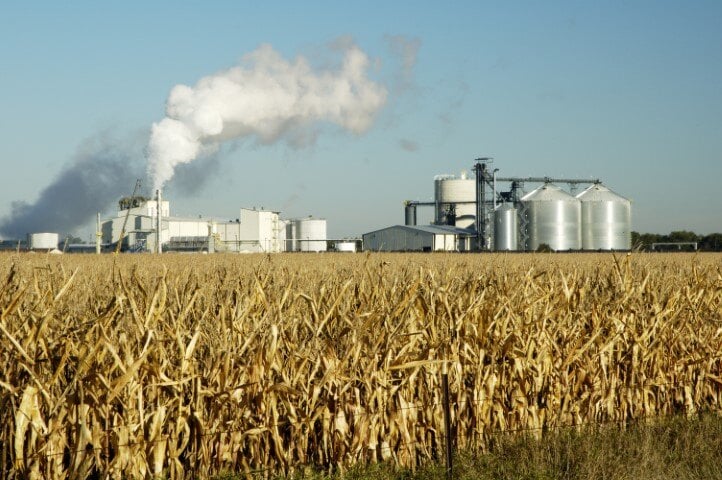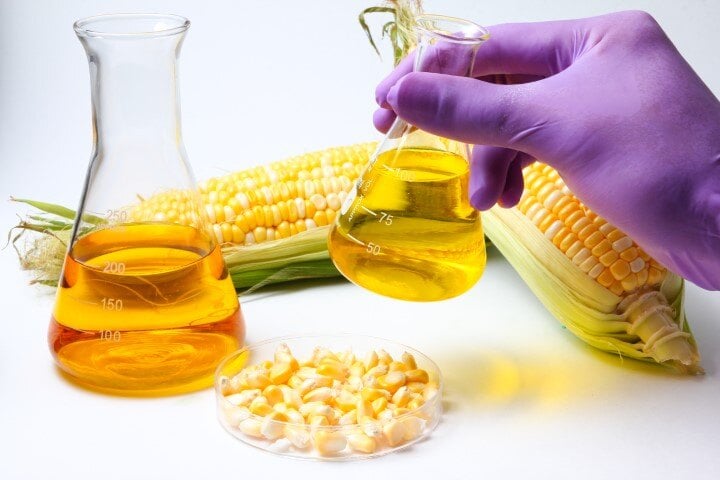Food Cost Increases Tied To Ethanol Use in Gasoline
If you aren’t yet sick of hearing how bad ethanol is for your car or boat or lawnmower, have you ever stopped to consider the secondary effects that...
3 min read
Bell Performance : May 6 2014

No matter where you live in the USA, chances are you've eaten at least one time in your life at a White Castle restaurant. White Castle is generally credited as the first fast food chain, founded in Wichita, Kansas in 1921.
 Some folks think McDonalds invented the fast food concept, but it was actually White Castle and its founders that created what we think of as the fast food restaurant. They invented things like the kitchen assembly line concept and the hamburger bun, of all things. Also interesting as that White Castle revived consumption of ground beef in America.
Some folks think McDonalds invented the fast food concept, but it was actually White Castle and its founders that created what we think of as the fast food restaurant. They invented things like the kitchen assembly line concept and the hamburger bun, of all things. Also interesting as that White Castle revived consumption of ground beef in America.
Upton Sinclair's The Jungle novel in 1906 scared a lot of people off from eating ground beef, because of the questionable sanitation practices of the meat industry. White Castle combated this from the start by featuring gleaming white buildings with spotless surfaces and employees in clean uniforms. All of this helped to make White Castle arguably the most influential restaurant of all time.
We say all of this in order to introduce Lisa Ingram, the current CEO of White Castle and the great-granddaughter of White Castle's founder. In March, she wrote an op-ed piece detailing some specifics on the effects that ethanol fuel mandates were having on the restaurant industry. Here's a rundown on the details of what she had to say. We paraphrased her words, but you get the idea.
The Renewable Fuels Standard started as a good thing but is now a failure and needs to go. It is taking needed resources out of our business and hurting our customers because of its impact on food prices. It diverts a big portion of our nation's corn supply away from food production and into the production of ethanol for fuel. This has caused demand for corn to increase and, therefore, the price of corn is up 300% since 2005.
When corn prices increase, it makes the cost of lots of other things go up as well - baked goods, dairy, meat, beverages, prepared foods. Here's what we've seen at White Castle, specifically. Since the start of the RFS, our beef prices have increased by 47%. If you look at it by restaurant, costs are up by $15,000 per store. In our 29 stores in Louisville, Kentucky, food costs alone are up by $435,000 per year. That's an increase, not a total. We could do a lot of things with money like that - like open more restaurants that employ more people. And if costs have gone up by that much for just one company in one city, imagine what it's like in other industriess and cities across the entire nation.
The RFS hasn't just increased food prices, it's also harming our ability to plan for the future because it's creating uncertainty and fluctuations in food prices that are impossible to plan for. It actually costs us more to plan when costs aren't stable, because you have to put aside more money for the future just in case prices and costs happen to go up by more than you thought they would. This, too, impacts whether we can expand the business and hire more people. And that hurts everyone in the community.
We're not the only ones hurt by these rising food prices. When you go to the grocery store, you see it as well. If you talk to economists about what's likely to happen to food prices there if nothing changes, you hear figures like pork going up by 15%, beef up by 8%, eggs by 11%, even potatoes going up by 13%. And that's money out of your pocket.
So our position is that the government really needs to rethink the RFS and make some big changes. Best case scenario would be not just a reduction in the mandate, but a total repeal.
Sometimes, hearing from someone unexpected helps to give clarity on a situation. When it comes to fuel, you'd expect to hear comments and analysis from oil refiners and car makers and farmers and politicians and environmentalists - each party telling us all the reasons why they think ethanol is good or bad. But you rarely hear specifics about the ripple effects that a rule like the ethanol fuel mandate and the Renewable Fuels Standard has on businesses that the average consumer is familiar with. Now we have some specifics from an area of the economy that we're all familiar with. It helps to make the issue meaningful and that's always a good thing.
Photo Credit / Creative Commons / No Changes Made

If you aren’t yet sick of hearing how bad ethanol is for your car or boat or lawnmower, have you ever stopped to consider the secondary effects that...

Back in 2007, Marianne Lavelle and Bret Schulte of U.S. News & World Report published an overview of the ethanol situation in the United States ("Is...

1 min read
On Thursday, December 5th, the EPA met with Congress, stakeholders and industry leaders for testimony on proposals to reduce the amount of ethanol in...